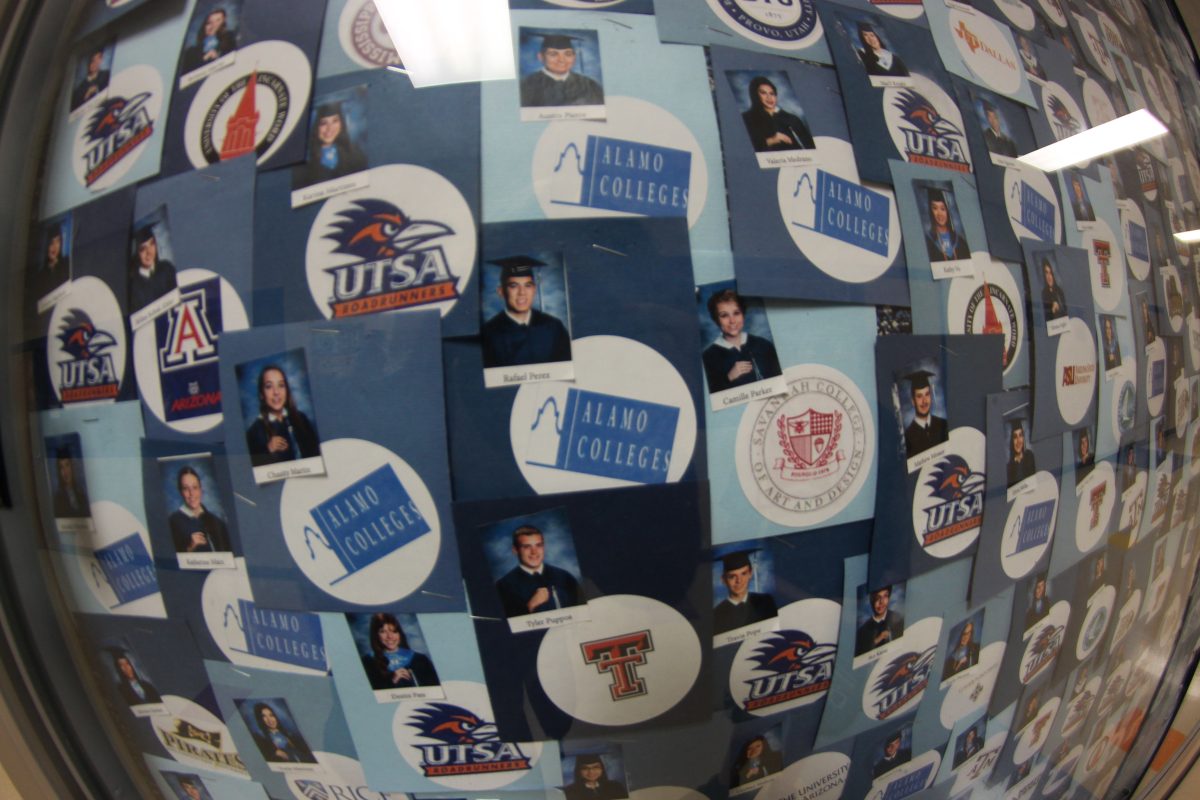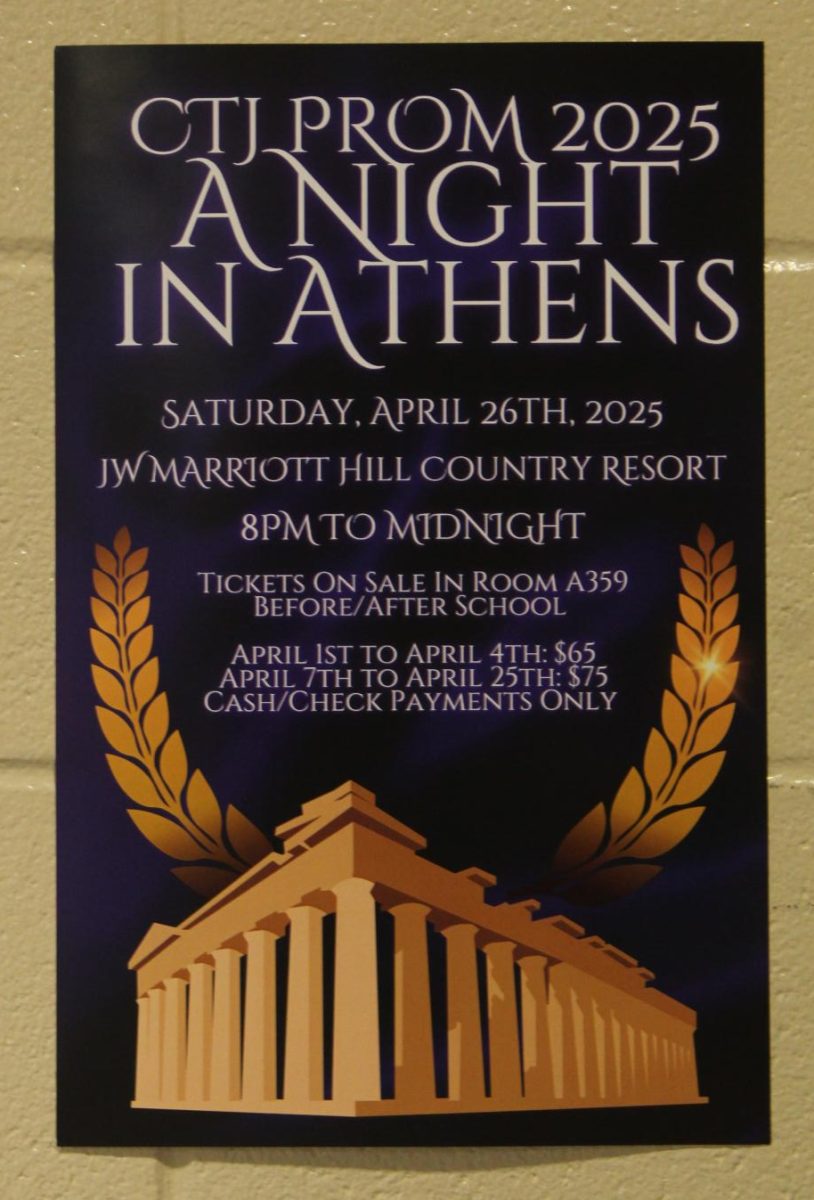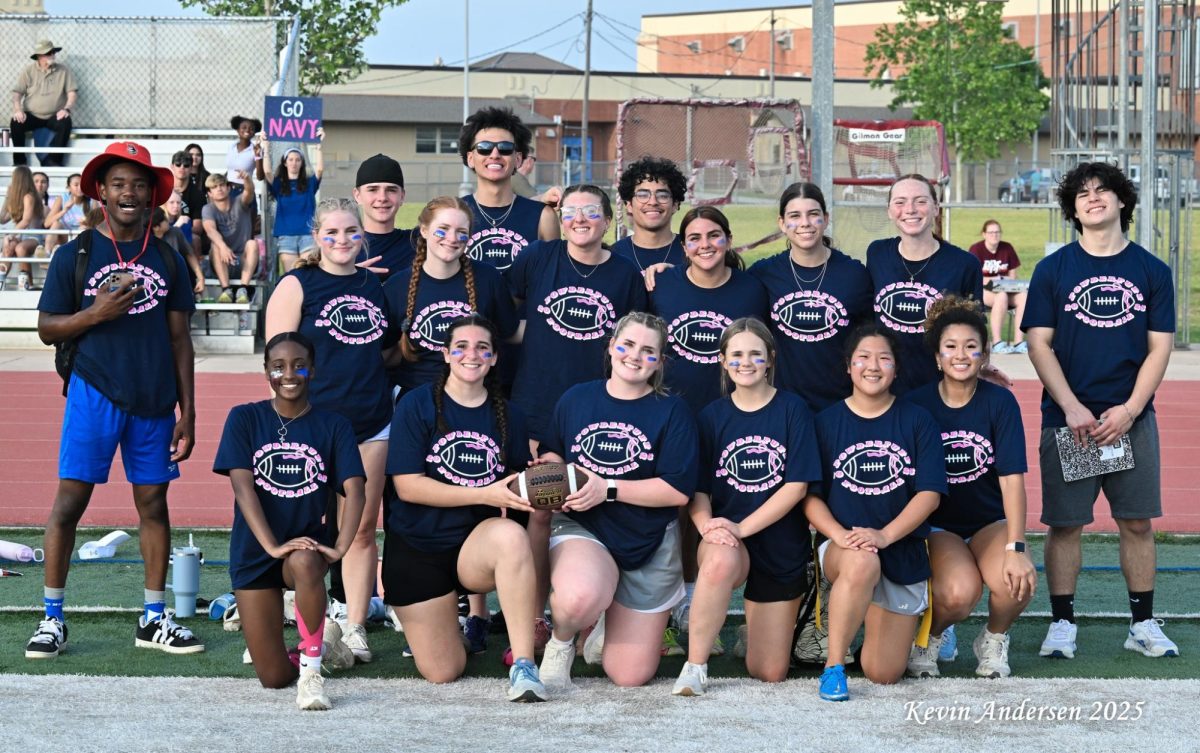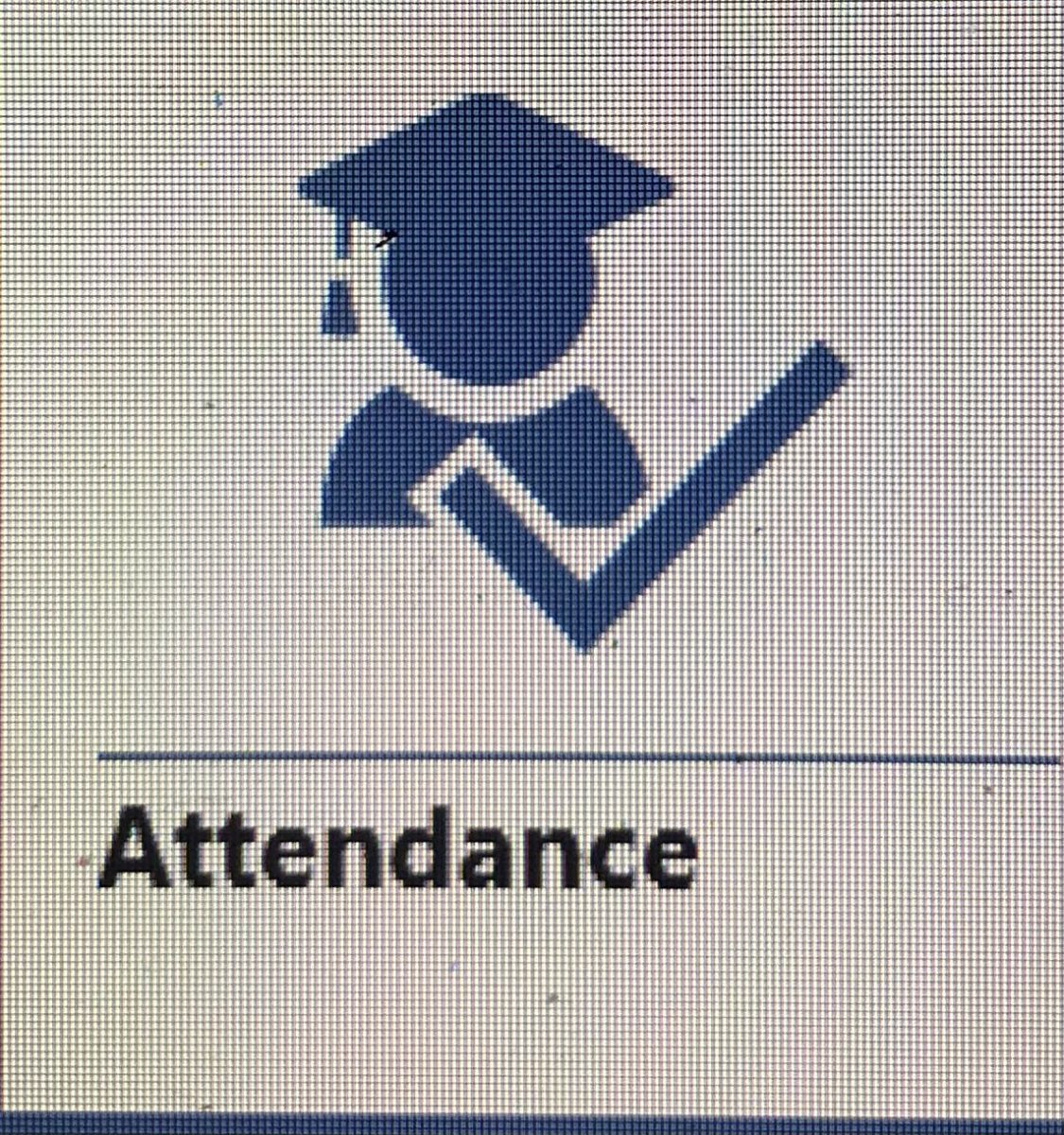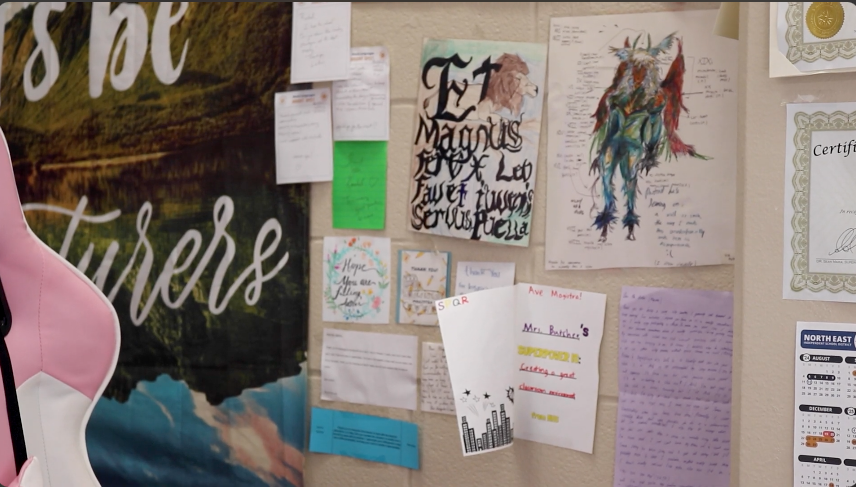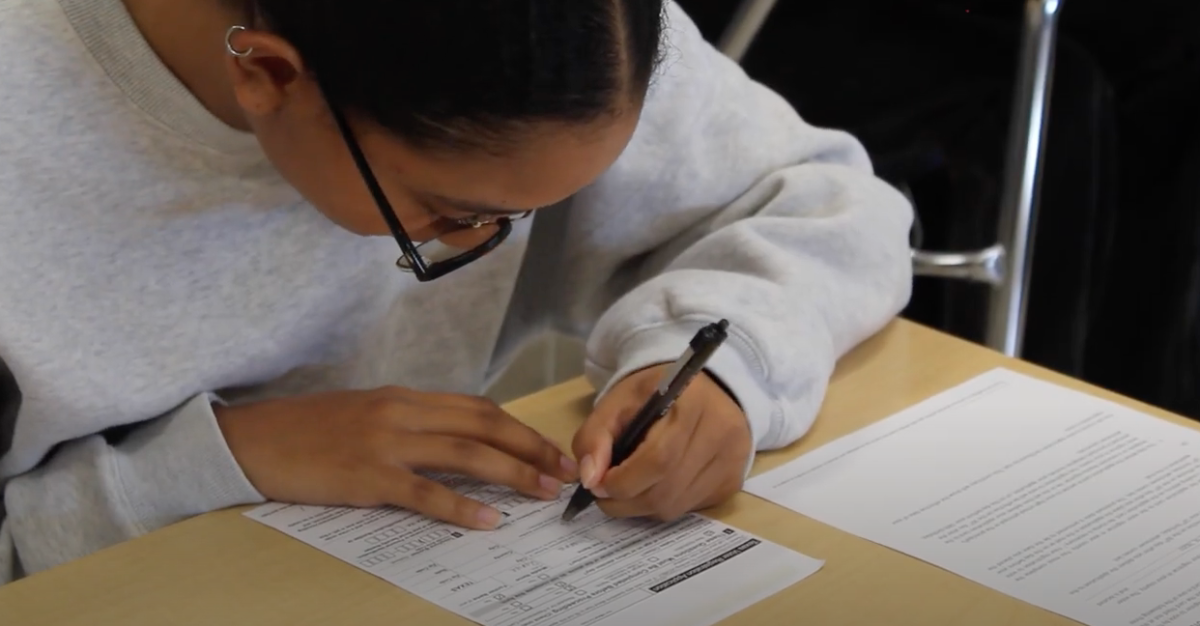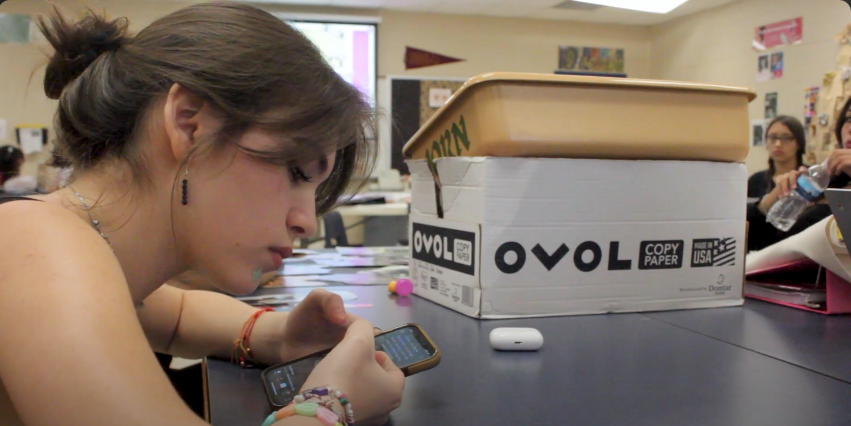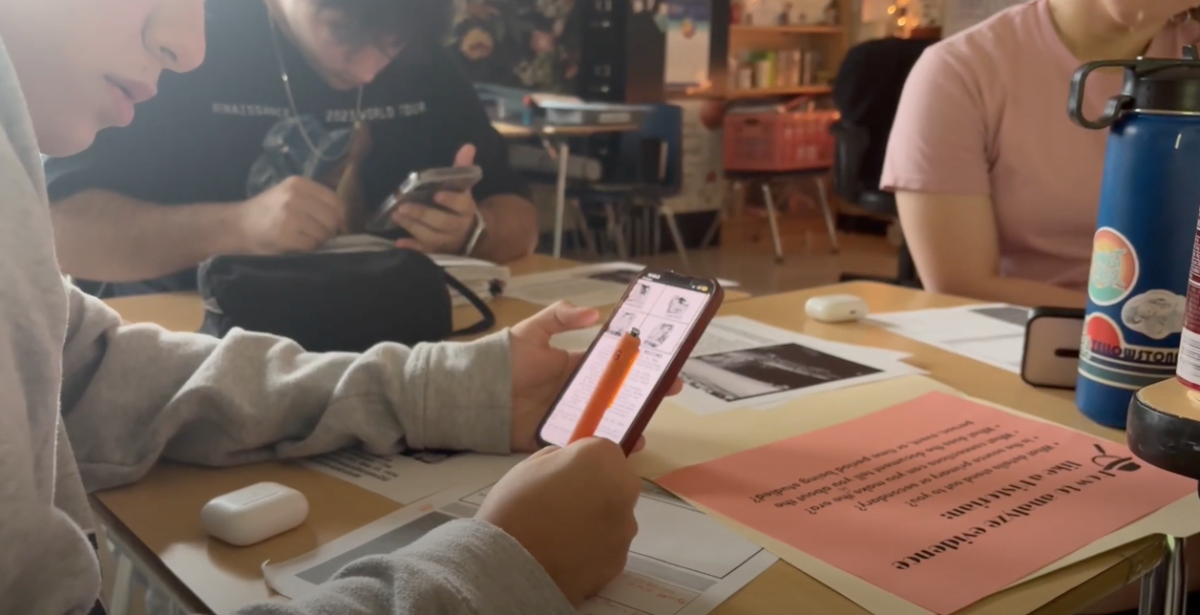by Sofia Colignon | staff writer
As the school year comes to a close, many seniors start to get excited about graduation, whether they’ve met the requirements they need in order to be able to walk in the ceremony that will be held on Saturday, June 9, or not.
“The state requires the graduation plan of earning the credits and passing the tests. The graduation ceremony is a privilege for all those people: all those students who have completed that. It’s a ceremony to recognize not only the graduates but also to acknowledge their families for all the commitment, and [support],” Assistant Principal Cynthia Rinehart said.
Students have twenty eight credit-earning opportunities during their four years of high school to complete their twenty six credit graduation plan.
“If a student doesn’t pass a class and needs to retake [it], they get off-track of a regular graduation. When they become a senior, that decision [is] made as to what courses are necessary in order to meet a graduation plan within a four year period, but everybody starts out on a 26 credit plan. And then, [in] their senior year, once [they’ve] got a history there, then that final determination is made,” Rinehart said.
However, about 5% of students graduate with 22 credits in order to meet a graduation plan as soon as possible before the school year is over.
“There’s several different levels, [most] of the students graduate with 26 credits, [but] there’s a small percentage [of students] that will graduate with 22. They also have to pass all 5 end-of-course exams,” Rinehart said.
There is another graduation opportunity held at the end of summer for students that didn’t complete everything they needed during the regular school year.
“If they get enough credits, then they would graduate in August. If they finish during the year [and] they want to wait to get their diploma, they could ought to participate in the next year’s graduation ceremony,” Rinehart said.
Absences are also a component that determines whether a student can graduate or not, with Saturday school being an option to complete necessary hours.
“If a student misses classes more than nine times, [with either] excused or unexcused absences, then they would be required to go to Saturday school to restore the hours that they [lost]: it’s called a ninety-percent rule. If they don’t earn the credit in a course because of attendance, they have to retake the entire course,” Rinehart said.
According to Rinehart, many seniors’ performance and motivation decline due to “senioritis”, or the ebbing of motivation and effort by school seniors as evidenced by tardiness, absences and lower grades.
“Most seniors will have a high number of absences, because they get lazy, and they get what is called senioritis. Some juniors get it early, but the students know what they need to do, as far as getting the credits and passing their classes. It’s getting them to come the entire year and really be committed so that they can complete [the requirements], and then go onto college,” Rinehart said.
She also suggests that the key to doing well academically is to focus, and review constantly.
“It’s really important here at Johnson from your freshman year, or the first time you step foot on the campus, you have to go home and review and review, because it is very difficult. But because of the high level of rigor, the majority of the students are fully prepared when they go to college, because in college, there is no homework, it is only studying. So there is a progression as you guys go through: everybody’s trying to teach you guys how to fly and when you get out there, on your own, you have to be able to do those things on your own,” Rinehart said.


